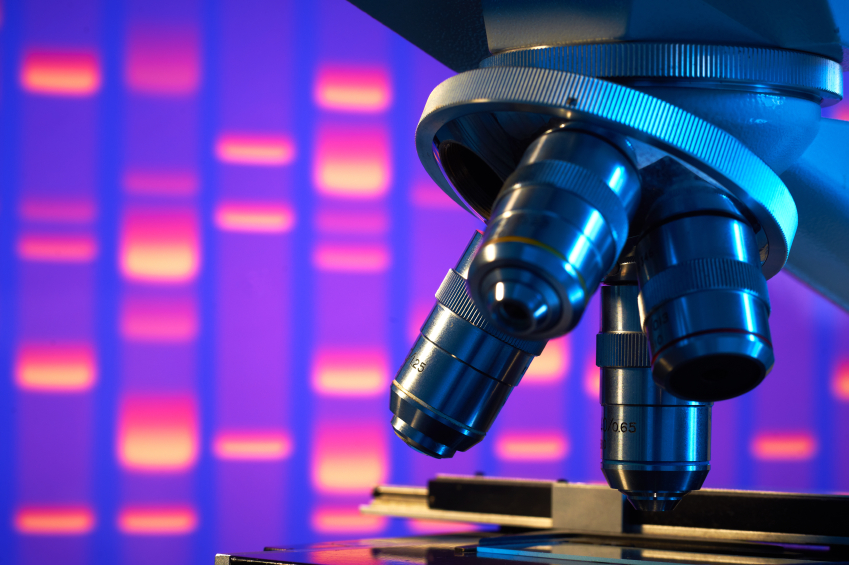“Scientists have created the first cell controlled by a synthetic genome”, announced the journal Science on 21st May 2010. The manufacture, by the team of the American biologist Craig Venter, of Synthia molecule, the first living cell whose genome has been conceived from scratch by the man and its technology was widely talked about. But did the man succeed in “creating life”, as we can read it?
Life has not been created
Dr Carlo Bellieni, professor in neonatology at the university of Sienna and member of the European Society of Paediatric research, explains that it deals with a “high level genetic engineering work”, but “in fact, the life has not been created. We have substituted one of the driving forces”. Craig Venter’s discovery consisted in recopying the existing genome: myoplasma mycoide bacteria. After having counted the entire chemical elements (more than one million), his team and him have made a new genome based on the model of that of the bacteria. This was then inserted in another bacterium called mycoplasma caprilorum, deprived from its own DNA. The artificial DNA started to work and the bacterium divided into bacteria similar to the source artificial bacteria.
Ethical vigilance
Thus it deals with a technological advance of which the researchers expect it will allow them to make micro-organisms used in the fermentation, in the manufacture of antibiotics, of complex drugs or in the detoxification of the pollution of heavy metals. Nevertheless, Dr Carlo Bellieni warns: “an interesting result has been obtained which can prove applications and must have rules, like all thing which affect the heart of the life”. Pat Mooney, director of ETC Group, private international technology watchdog, moves along the same lines: “the synthetic biology is a high risk activity field misunderstood, motivated by the quest for profit. We know that the forms of life created in laboratory can become biological arms and also threaten the natural biodiversity”. For Thierry Magnin, theologian and professor of physics at the Ecole des Mines of Saint Etienne and at the Institut catholique of Toulouse, the techno-sciences do not content anymore to copy the nature or to “repair” it, but aim at “increasing their potentialities until controlling the living, including human being”, which requires “ethical vigilance”.

